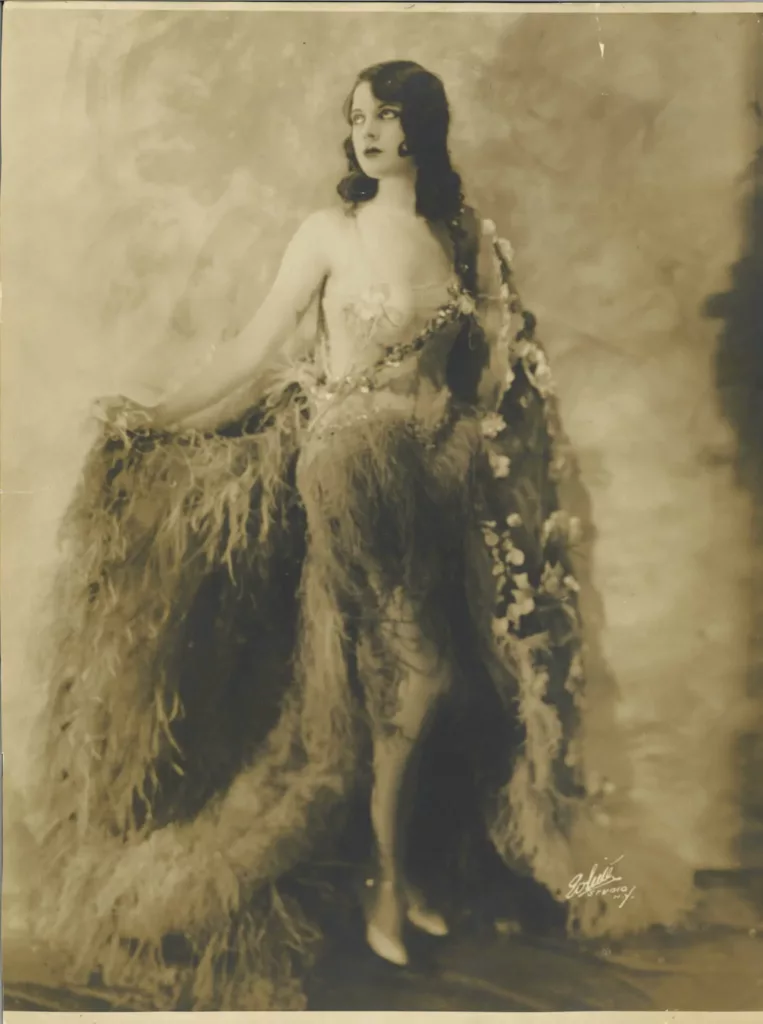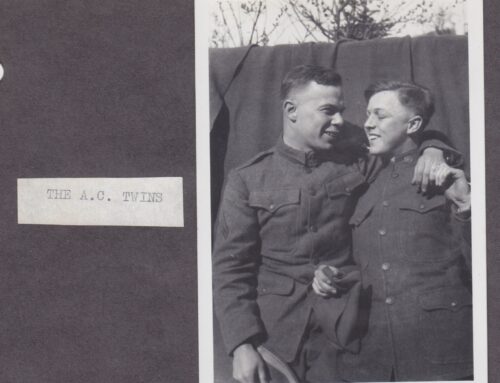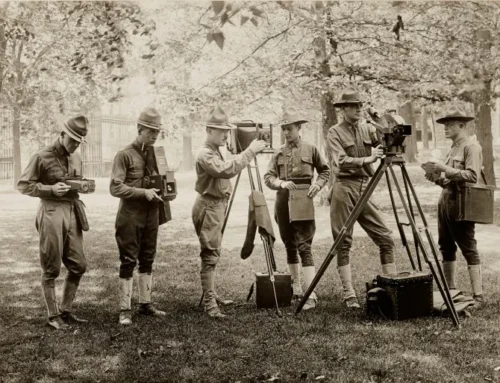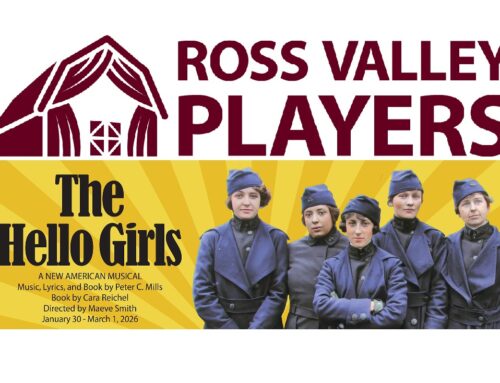Broadway actress honors soldiers, history in World War I musical
Published: 30 April 2025
By Abby Ammons
via the Military Families Magazine website
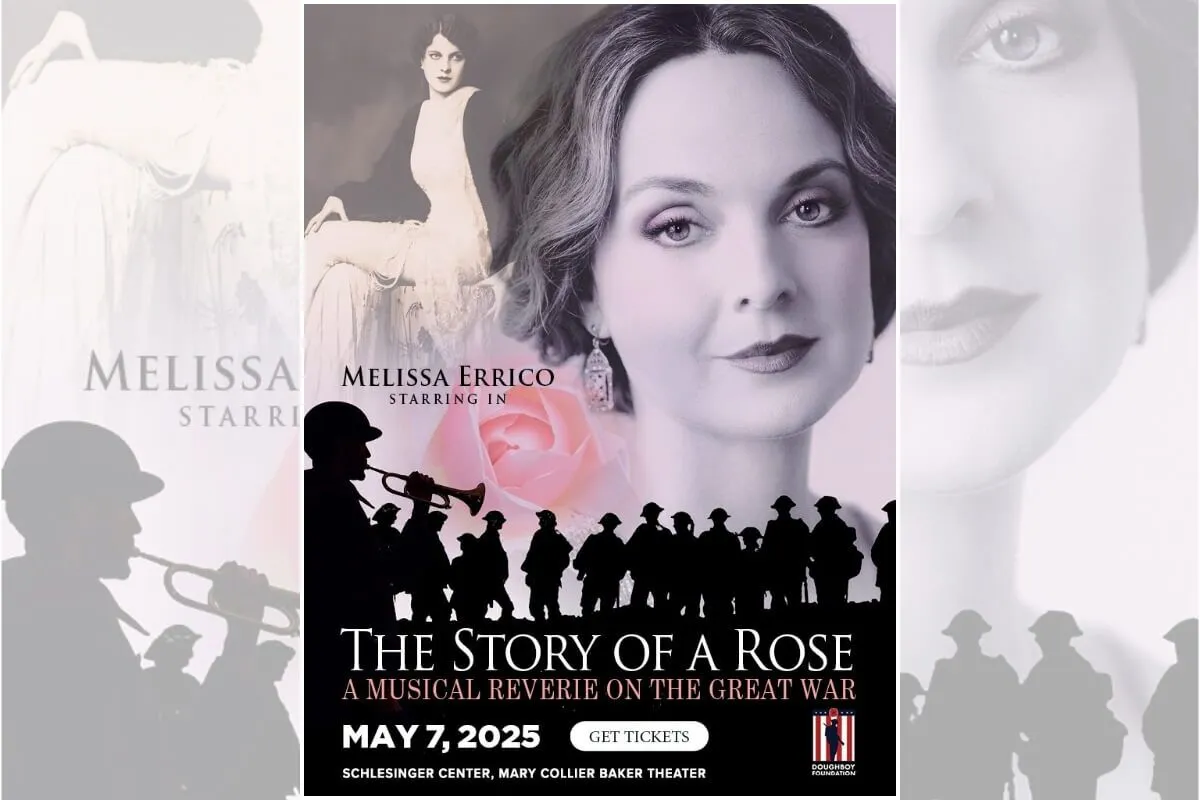
The-story-of-a-rose-feature-image
Combining personal stories with musical storytelling, Melissa Errico becomes a historian to honor WWI soldiers even as she confronts her own family’s past.
Before becoming known as World War I, the largest conflict that anyone at that time had experienced was called simply “the Great War.” America joined three years after fighting began, but U.S. soldiers (commonly referred to as “doughboys”) hurried to answer the call when asked to fight for freedom.
In “The War That Will End War,” H.G. Wells claimed that it was a war for peace, concluding, “Every sword that is drawn … now is a sword drawn for peace.”
However, it was not the “war that will end war” as so many had hoped. But more than 100 years later, there are many who work tirelessly so that the Great War — and its cost — will never be forgotten.
For peace and liberty
“For the first time in American history, they went abroad for no other reason than to win peace and liberty for people they didn’t know,” said retired Navy Reserve Capt. Daniel Dayton, the chair emeritus of the Doughboy Foundation, “and fighting in a fight they didn’t start — and they did it because their country asked it of them.”
Dayton is also the executive director of the U.S. World War I Centennial Commission, which established the National World War I Memorial in Washington.
The memorial honors American soldiers, but Dayton knew there was more to be told — the story of a country. After hearing Dayton’s vision, Melissa Errico, a Broadway actress and singer, volunteered to write a musical to tell the story of America at war. Becoming an amateur historian in the process, she researched the reality of war, confronted her own family’s heritage and created a palpable connection with military families, past and present.
The Follies and a personal history
Before the Great War, Errico’s family emigrated from Italy. Having only just arrived in America, her great-grandfather had a fatal heart attack in the customs shed. In a new country and navigating her own grief, Errico’s great-grandmother relied on her two daughters — barely teenagers — to help make a living for the family.
“The first thing that they did at 12 and 13 years old is they went down to the Brooklyn Navy Yard, and they got jobs sewing uniforms for the first World War,” Errico said.
One of those teenagers was Errico’s great aunt, Rose, who would later become a Ziegfeld Follies Girl. The Follies were a beautiful crew of dancers, actresses and singers who performed in Ziegfeld Follies productions on Broadway. Rose became the link in Errico’s quest for historical storytelling, resulting in “The Story of a Rose: A Musical Reverie on The Great War.”
“I realized that I had a kind of micro-story that I could illuminate, that could sort of illuminate the larger history. The Follies could play a role in my story through which you could see the emotions of the time, the controversies of the time, because there were pro-war songs, anti-war songs, satirical songs,” Errico explained. “The music of the time took on the flavor of war.”
“There was no radio at the time … the Follies was where you heard this music,” she continued. “So [we] weave together music of the time. … This applies to military families insofar as it’s the sound of the time: It’s the ‘sound of the war’ music.”
→ Read the entire article on the Military Families Magazine website.
External Web Site Notice: This page contains information directly presented from an external source. The terms and conditions of this page may not be the same as those of this website. Click here to read the full disclaimer notice for external web sites. Thank you.
